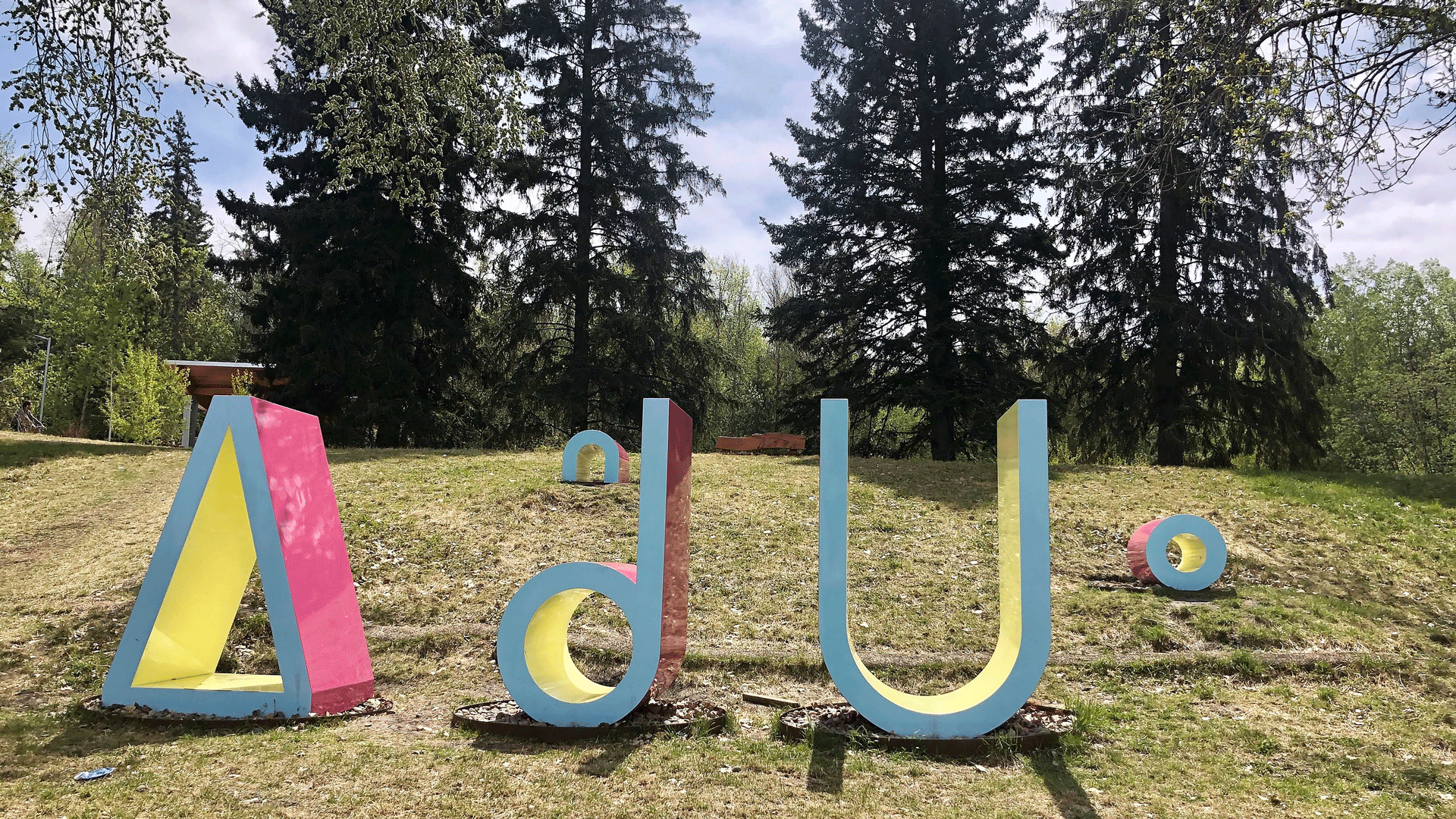After two flights and 17 hours, I land in my final Canadian destination. I know I am tired because I do not know where I am, though I do know it is where I should be.
I manage four hours sleep. I walk into the breakfast room and feel the lukewarm embrace of copyright-free music. Hotel breakfasts in North America are a place of “almost music”. Due to licensing laws, commercially available music is too expensive to accompany your eggs over easy, so you hear almost-tunes that nearly sound like something you know but not so much they cost money.
The prize for best performance of the tour so far goes to the waitress who was believably interested in the man explaining to her how the expense account system has changed in his company. The size of my tip is not improved by the brief illusion that anyone has an interest in my life in between coffee cups; I stick to 20 per cent unless they spit in my porridge or deliver the toast while wearing a Ku Klux Klan hood.
I use my usual tactic of choosing a bookshop a few miles from where I’m staying, to get lost and hopefully stumble on things. I now know I am in Edmonton. It does not initially seem pedestrian-friendly and I pass no one for the first mile and a half. Reaching a park, some sort of weasel crosses my path (sorry, some sort of weasel is the best I can do. My Canadian natural history knowledge is even worse than my British natural history knowledge). It seems to have hints of pine marten too. I see a sign to the Indigenous art park and take that path.
“Before the land was a city, it was a place for Cree, Dene, Blackfoot, Saulteaux, Stoney and Metis people to gather. Its deep history resonates in the present…”
Understanding the history of the land and the stories that lie within it and grow from it is something I have come to realise is increasingly important. Without it, we can disconnect and rewrite to suit our own ideologies and superiorities. The art and ideas are soundtracked by two people in the distance arguing breathlessly on their bicycles.






